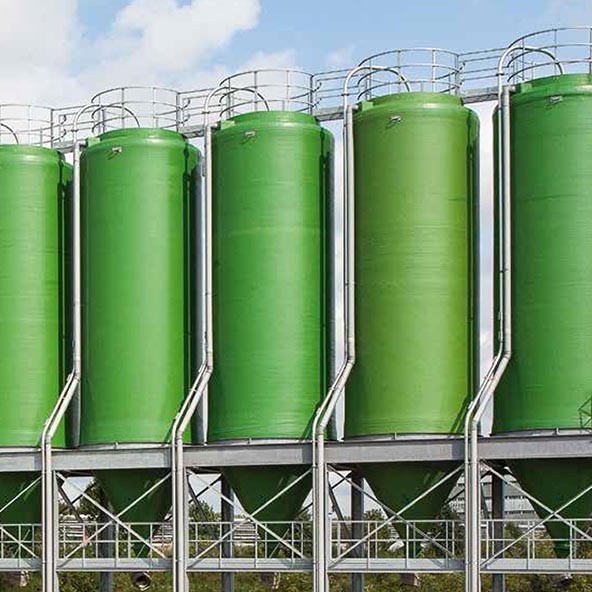
-
 Afrikaans
Afrikaans -
 Albanian
Albanian -
 Amharic
Amharic -
 Arabic
Arabic -
 Armenian
Armenian -
 Azerbaijani
Azerbaijani -
 Basque
Basque -
 Belarusian
Belarusian -
 Bengali
Bengali -
 Bosnian
Bosnian -
 Bulgarian
Bulgarian -
 Catalan
Catalan -
 Cebuano
Cebuano -
 China
China -
 China (Taiwan)
China (Taiwan) -
 Corsican
Corsican -
 Croatian
Croatian -
 Czech
Czech -
 Danish
Danish -
 Dutch
Dutch -
 English
English -
 Esperanto
Esperanto -
 Estonian
Estonian -
 Finnish
Finnish -
 French
French -
 Frisian
Frisian -
 Galician
Galician -
 Georgian
Georgian -
 German
German -
 Greek
Greek -
 Gujarati
Gujarati -
 Haitian Creole
Haitian Creole -
 hausa
hausa -
 hawaiian
hawaiian -
 Hebrew
Hebrew -
 Hindi
Hindi -
 Miao
Miao -
 Hungarian
Hungarian -
 Icelandic
Icelandic -
 igbo
igbo -
 Indonesian
Indonesian -
 irish
irish -
 Italian
Italian -
 Japanese
Japanese -
 Javanese
Javanese -
 Kannada
Kannada -
 kazakh
kazakh -
 Khmer
Khmer -
 Rwandese
Rwandese -
 Korean
Korean -
 Kurdish
Kurdish -
 Kyrgyz
Kyrgyz -
 Lao
Lao -
 Latin
Latin -
 Latvian
Latvian -
 Lithuanian
Lithuanian -
 Luxembourgish
Luxembourgish -
 Macedonian
Macedonian -
 Malgashi
Malgashi -
 Malay
Malay -
 Malayalam
Malayalam -
 Maltese
Maltese -
 Maori
Maori -
 Marathi
Marathi -
 Mongolian
Mongolian -
 Myanmar
Myanmar -
 Nepali
Nepali -
 Norwegian
Norwegian -
 Norwegian
Norwegian -
 Occitan
Occitan -
 Pashto
Pashto -
 Persian
Persian -
 Polish
Polish -
 Portuguese
Portuguese -
 Punjabi
Punjabi -
 Romanian
Romanian -
 Russian
Russian -
 Samoan
Samoan -
 Scottish Gaelic
Scottish Gaelic -
 Serbian
Serbian -
 Sesotho
Sesotho -
 Shona
Shona -
 Sindhi
Sindhi -
 Sinhala
Sinhala -
 Slovak
Slovak -
 Slovenian
Slovenian -
 Somali
Somali -
 Spanish
Spanish -
 Sundanese
Sundanese -
 Swahili
Swahili -
 Swedish
Swedish -
 Tagalog
Tagalog -
 Tajik
Tajik -
 Tamil
Tamil -
 Tatar
Tatar -
 Telugu
Telugu -
 Thai
Thai -
 Turkish
Turkish -
 Turkmen
Turkmen -
 Ukrainian
Ukrainian -
 Urdu
Urdu -
 Uighur
Uighur -
 Uzbek
Uzbek -
 Vietnamese
Vietnamese -
 Welsh
Welsh -
 Bantu
Bantu -
 Yiddish
Yiddish -
 Yoruba
Yoruba -
 Zulu
Zulu
fiberglass food grade equipment a closer look at its features and ...
Fiberglass Food Grade Equipment A Closer Look at Its Features and Benefits
In the ever-evolving world of food processing, safety, efficiency, and durability are paramount. Among the various materials used in the construction of food grade equipment, fiberglass stands out due to its unique properties and advantages. This article will explore the features and benefits of fiberglass food grade equipment, offering insight into why it is a preferred choice for many food industry applications.
Fiberglass, a composite material made from fine glass fibers and resin, offers an impressive strength-to-weight ratio. This characteristic not only makes fiberglass equipment lightweight and easy to handle but also ensures it can withstand the rigors of commercial use. Unlike traditional materials such as metal, which may corrode or rust over time, fiberglass is highly resistant to moisture and environmental factors, making it ideal for wet and high-humidity areas often found in food processing facilities.
One of the standout features of fiberglass food grade equipment is its compliance with health and safety regulations. Manufacturing standards for food-grade materials are stringent, and fiberglass meets or exceeds these requirements. It is non-toxic, does not leach harmful chemicals into food products, and is resistant to microbial growth. This makes it a safe choice for food storage, processing, and transportation, thereby reducing the risk of contamination.
fiberglass food grade equipment a closer look at its features and ...

In addition to its safety features, fiberglass is incredibly versatile. It can be molded into various shapes and sizes, allowing manufacturers to create customized solutions tailored to specific operational needs. This adaptability extends to applications ranging from cooking utensils to storage tanks, making fiberglass a highly sought-after material in the food industry.
Sustainability is another critical advantage of fiberglass. Although the production process does involve energy consumption, fiberglass can be recycled to some extent. Many manufacturers are increasingly adopting eco-friendly practices by using recycled materials or producing fiberglass with reduced environmental impact. This is particularly important in today's market, where consumers are more environmentally conscious than ever.
Maintenance is also simplified with fiberglass equipment. Its smooth, non-porous surface is easy to clean and sanitize, reducing the time and effort needed to maintain hygiene standards. This convenience is crucial for food processing operations where cleanliness is non-negotiable.
In conclusion, fiberglass food grade equipment presents a multitude of features and benefits that make it an excellent choice for the food industry. With its strength, safety, versatility, and ease of maintenance, fiberglass stands as a testament to innovation in materials science. As the food processing sector continues to grow and evolve, fiberglass equipment will likely play an even more prominent role in ensuring food safety and quality. By investing in fiberglass solutions, businesses can enhance their operational efficiency while prioritizing health and sustainability.
Latest news
-
Exploring the Benefits of Top Hammer Drifter Rods for Enhanced Drilling PerformanceNewsJun.10,2025
-
High-Precision Fiberglass Winding Machine for GRP/FRP Pipe Production – Reliable & Efficient SolutionsNewsJun.10,2025
-
FRP Pipes & Fittings for Shipbuilding - Corrosion-Resistant & LightweightNewsJun.09,2025
-
Premium FRP Flooring Solutions Durable & Slip-ResistantNewsJun.09,2025
-
Premium Fiberglass Rectangular Tanks Durable & Lightweight SolutionNewsJun.09,2025
-
Tapered Drill String Design Guide Durable Performance & UsesNewsJun.09,2025









